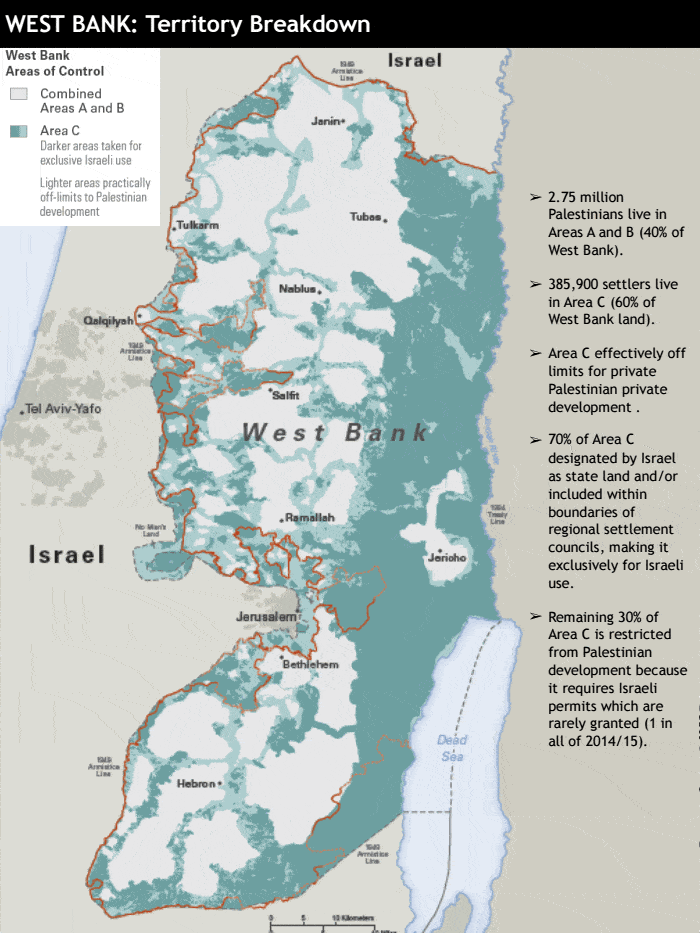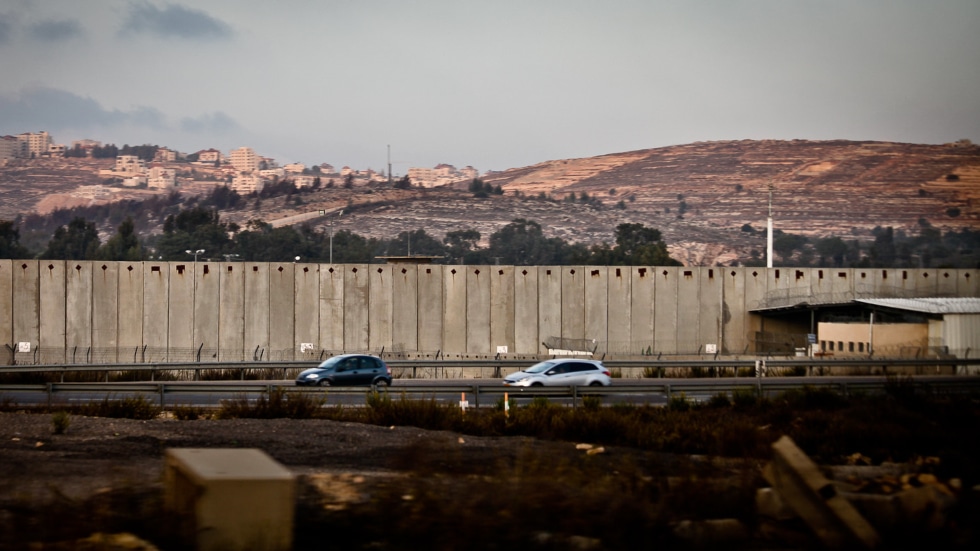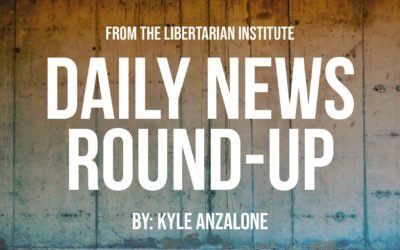The UN’s human rights body has accused Israel of the “crime of apartheid,” saying it has established a “regime of systematic racial oppression and discrimination” against Palestinians. The conclusion follows a long line of similar findings from Israeli, Palestinian and international organizations.
A report issued Monday by United Nations investigator Michael Lynk states that Israel’s system “ensures the supremacy of one group over, and to the detriment of, the other,” namely in the occupied West Bank, arguing that it meets the legal definition for apartheid.

“The political system of entrenched rule in the occupied Palestinian territory which endows one racial-national-ethnic group with substantial rights, benefits and privileges while intentionally subjecting another group to live behind walls, checkpoints and under a permanent military rule… satisfies the prevailing evidentiary standard for the existence of apartheid,” he wrote.
Lynk’s report mirrors previous findings from a number of humanitarian orgs, among them Human Rights Watch, Amnesty International and B’Tselem, which have each similarly accused Israel of apartheid and the persecution of Palestinians.
In addition to Tel Aviv’s militarized presence in the West Bank and its prejudiced legal system, the UN investigator noted that Israel’s support for settler groups has also created an intractable problem in the occupied territories, warning it would only fuel violence and conflict.
“It is impossible for an acquisitive occupying power to settle hundreds of thousands of its citizens into occupied territory, create for them attractive living conditions equivalent to the home territory, and expropriate and alienate huge swaths of land and resources for their benefit and security, without also immiserating the indigenous people and triggering their perpetual rebellion,” Lynk continued.
Originally implemented in South Africa between 1948 and the 1990s, apartheid – or “separateness” in Afrikaans – ensured the country was dominated by its white minority in the spheres of politics, culture and the economy. Though Lynk noted that some elements of the South African system are not comparable to Israel’s, he argued Tel Aviv’s version is in many ways even more brutal than the original, as it includes “segregated highways, high walls and extensive checkpoints,” as well as “a barricaded population, missile strikes and tank shelling of a civilian population.”






























